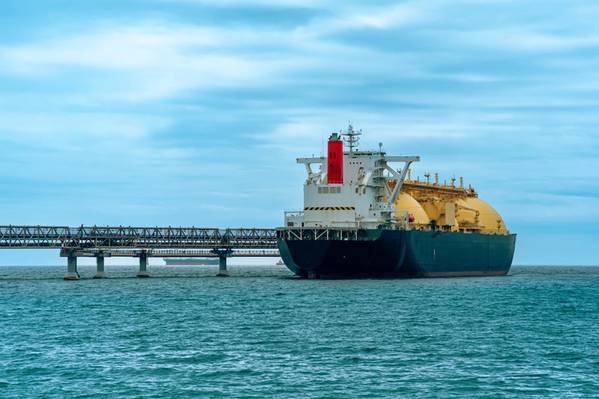
Norwegian headquartered Crown LNG is racing against time to develop and start construction of a liquefied natural gas export plant in the U.S. before President-elect Donald Trump's second term ends in 2029, its CEO Swapan Kataria said.
"We were sincerely hoping that he would be there to support the industry because certainly the old administration was against it, quite simply," said Kataria on Tuesday in an interview with Reuters.
Trump has promised to reduce regulations to make it easier for LNG projects to be approved. The U.S. is already the world's largest exporter of LNG, and there are several projects under construction and in the development stage.
Crown LNG is hoping to build a 9 million metric tons per annum (MTPA) LNG facility offshore Texas from which it hopes to then export the gas to its proposed regasification terminals in India, Vietnam and Scotland, all of which are still in various stages of development.
The company has ruled out locating the plant in Louisiana because it worries about accessing natural gas pipelines over a 25- to 40-year period, and wants to build offshore because it feels the approval process is quicker than on land and will have to meet fewer demands than those of the Federal Energy Regulatory Commission (FERC), Kataria said.
Crown LNG believes the Maritime Administration (MARAD) is a less challenging regulatory environment that favors getting projects done.
"MARAD has a quicker turnaround than the FERC. FERC has a lot more expensive process as opposed to MARAD," Kataria said.
Crown is proposing to use a bottom-fixed, gravity-based structure for its LNG plant to lower costs and reduce its environmental footprint.
The company's CEO said the strategy of developing its regasification terminals and selling to smaller end users, like power plants and fertilizer producers, means it can get many A-grade counterparties to help raise the debt required for plant construction.
Crown is also open to buying LNG from the U.S. for its proposed 7.5 MTPA terminal in India but said U.S. companies must know there is a cap on the price Indian buyers can pay and unless they are prepared to work a formula that recognizes that cap, Indian buyers will continue to purchase during downcycles, Kataria said.
(Reuters - Reporting by Curtis Williams in Houston; Editing by Chris Reese)



